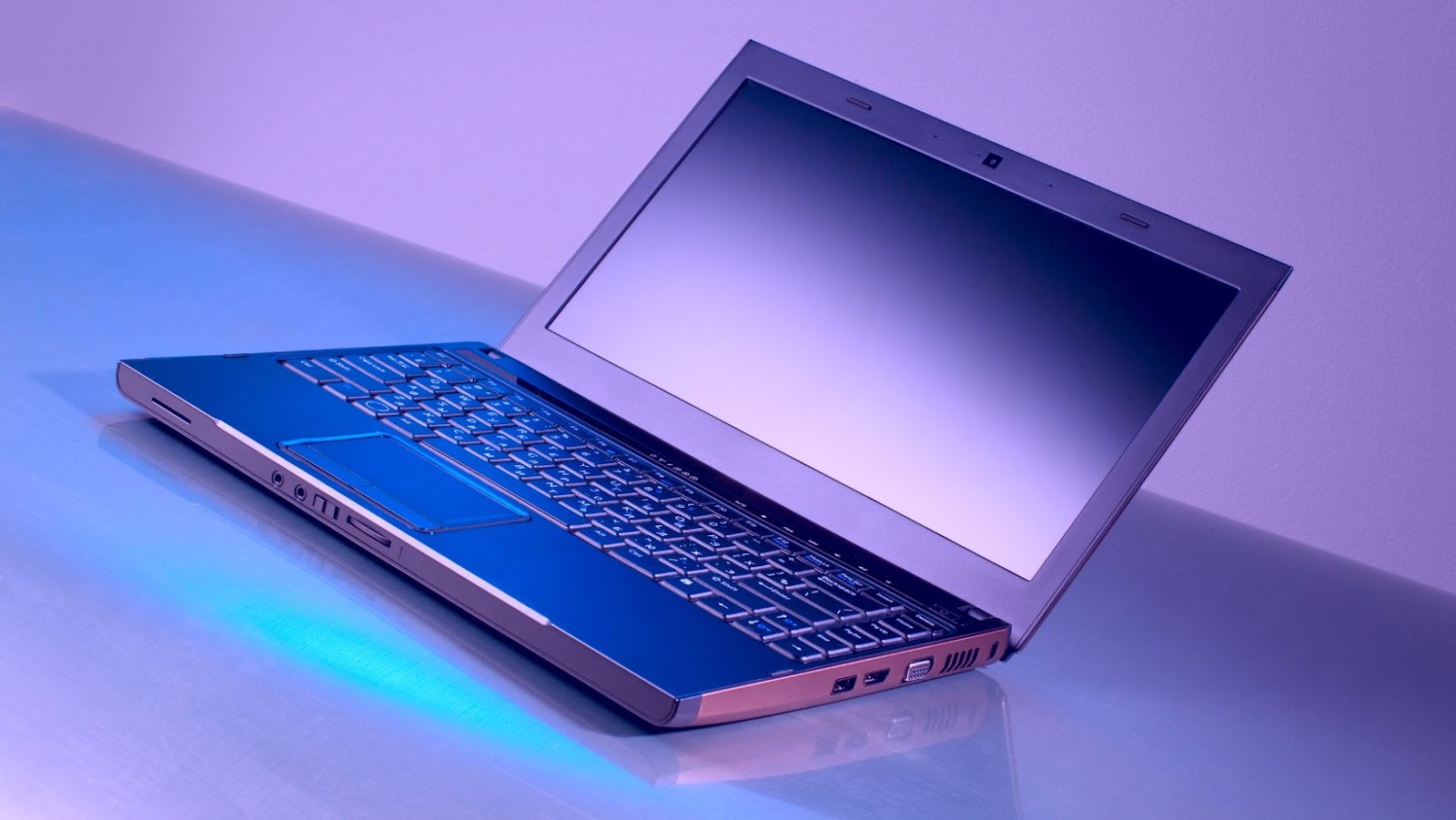
In the market for a new laptop? Choosing the right unit can be a daunting task, given the wide range of options out there. In the age of smartphones and tablets, laptops are still indispensable tools for tasks like research work, video creation, editing, or gaming. Laptops come in various shapes and sizes, making finding the perfect laptop even more challenging. Fortunately, this article will guide you in choosing the right laptop.
Steps on Choosing the Right Laptop
Shopping for a new laptop boils down to determining what your needs are. With so many brands and models, you need to understand what to look for and some technical jargon to help you find the right laptop. Here we have provided a checklist of what to look for in a laptop.
Select Your Preferred Operating System
You first need to decide on the operating system you will use. Current laptops run on macOS, Chrome OS, and Windows. When buying a new laptop, you want to ensure the built-in OS is compatible with your end-user needs.
Windows
Most laptops run on Microsoft Windows. It is the OS of choice because it offers more app support and features. For this reason, Windows has been the preferred operating system of gamers, businesses, and more. Currently, Windows 10 is the latest version, but come 2025, Microsoft will no longer be supporting Windows 10. so ensure that the laptop you buy is Windows 11-ready.
macOS
macOS is the default operating system of all MacBooks. Apple intended it to be more convenient than Windows. Although it was designed for simple usage, MacOS also has applications for designing, video editing, etc.

Chrome
Chrome OS was initially built around web-based applications, but now it is possible to download apps like Netflix, Microsoft Word, and some Android apps. However, one drawback of Chrome OS is its lag and small storage space. If you need help upgrading your laptop, JW computers can help you.
Find the Right Size
Most laptops can easily fit into a bag and can be carried around. If you are looking for a portable model, your best option is a laptop with a small screen and a thin and lightweight design. The standard size is 15.6 inches and is ideal if you will not carry your laptop around more often. There are 17-inch laptops that stay at your desk all the time. Generally, it all depends on how you plan to use the laptop.
Battery Life
Battery life is important if you plan to move around often. Many factors can affect battery life, such as screen brightness and the programs installed on the laptop. Instead of the number of hours, look for the battery rating in Watt-hours (Wh) or milliamp-hours (mAh). The higher the rating, the longer the battery life.
Storage Capacity
When buying a laptop, you should consider the storage capacity and type. It used to be that the hard disk was the preferred storage. But over the years, other types of storage emerged. Let’s check them out:
- Hard Disk Drive (HDD) offers huge storage capacity at a reasonable cost per gigabyte
- Solid State Drives (SSD) allow smooth booting and multitasking performance
- Solid-state State Hybrid Drives (SSHD) combine the features of HDD and SSD
RAM
Random access memory or RAM refers to the speed of the laptop. This is a crucial factor as it determines computer performance. If you are installing or using data-heavy applications, look for a laptop with a higher RAM.
Intel or AMD?
Regarding laptop CPUs, it is always a toss-up between AMD and Intel. The former has the best CPUs in the market, but the latter is fast catching up. Your choice of CPU will again depend on how you use the laptop.

For basic tasks, the choices are Core i3 and Ryzen 3. Meanwhile, for gaming purposes, the most powerful is the Core i9 and the Ryzen 9.
Peripherals
Aside from the ones mentioned above, the attached peripherals are also important in choosing a laptop. For example, does it have a USB port to attach external hard drives, mice, and keyboards? The latest version is USB 3.0, so make sure the laptop you plan to buy uses this version.
Graphics Processing Unit (GPU)
The GPU works like the CPU but is mostly designed for handling images, videos, and games. Most laptops have integrated GPUs installed, but a discrete GPU is your best option if your work is heavy on videos and graphics. Otherwise, an integrated GPU is enough.
Do Your Research When Looking for a Laptop
A laptop is an investment, so you must look for one. Ask for referrals from friends or colleagues or check out reviews on YouTube and online. When scouting for a laptop, your budget and needs are the most important.























